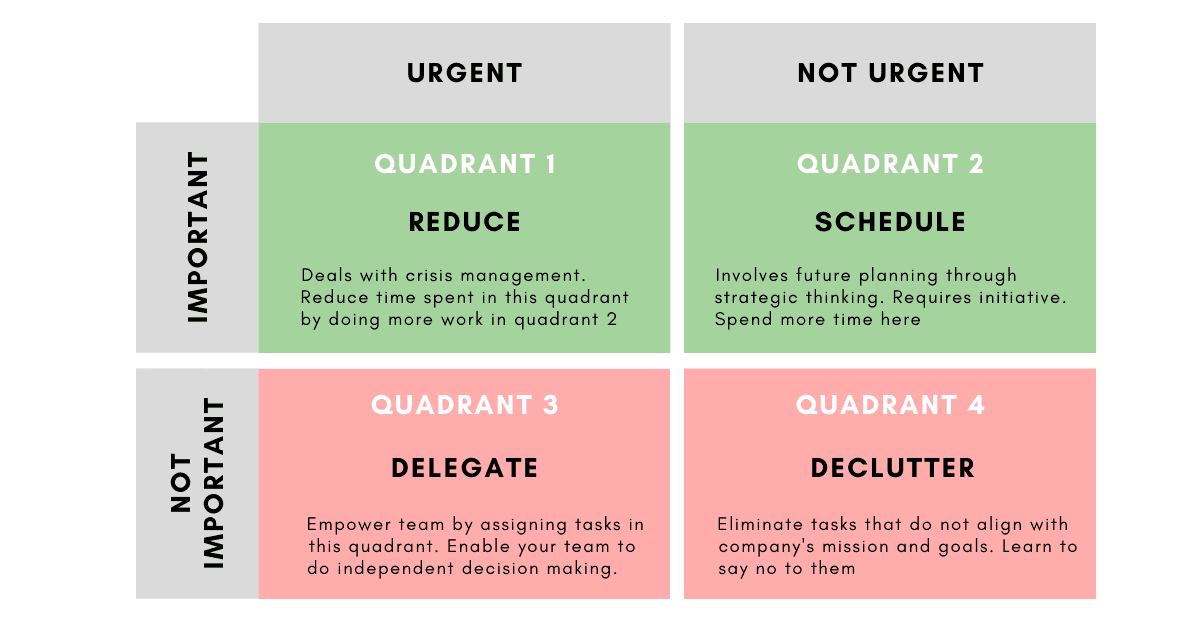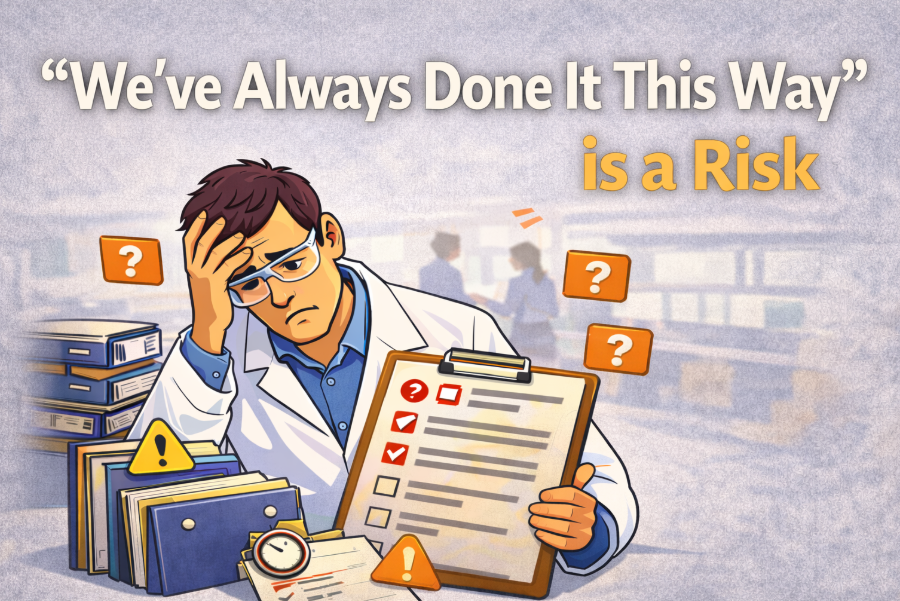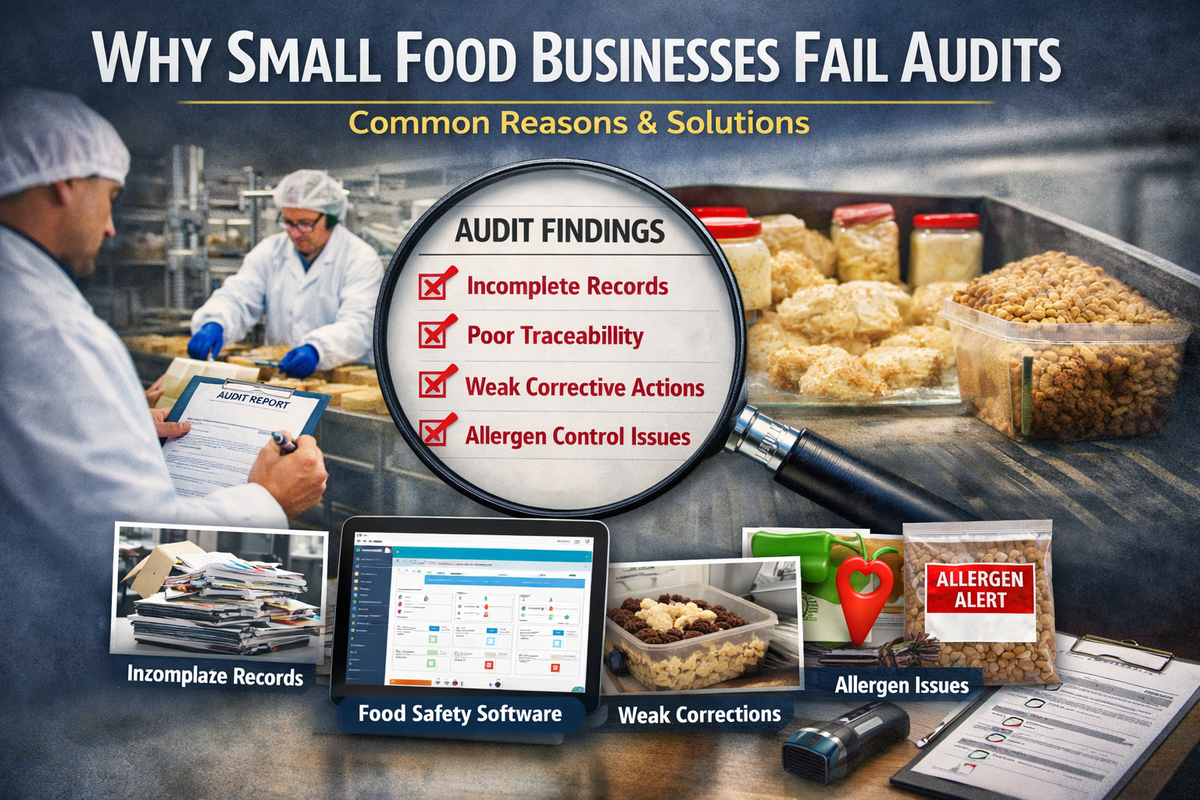In today's fast-paced world, food safety is more critical than ever. As consumers, we rely on a vast and complex global food supply chain to provide us with the sustenance we need to thrive. However, this intricate system also presents numerous challenges in ensuring the safety and quality of the food we consume. In this article, we will explore the delicate balance between the urgency and importance of food safety, and how we can navigate this fine line to make informed decisions for ourselves and our families.
Understanding the Difference Between Urgency and Importance
Before diving into the specifics of food safety, it's essential to understand the difference between urgency and importance. Urgency implies an immediate need for action, while importance refers to the long-term significance of an issue. In the context of food safety, urgent concerns demand immediate attention, while important matters require ongoing vigilance and strategic planning.
The Urgent Concerns of Food Safety
Food safety concerns can arise from various sources, such as contamination, allergens, or improper handling and storage. Here are some examples of urgent food safety issues that require immediate attention:
1. Foodborne Illness Outbreaks
When a foodborne illness outbreak occurs, swift action is necessary to identify the source, remove contaminated products from circulation, and implement measures to prevent further spread. This urgent response helps protect public health and minimize the impact of the outbreak.
2. Product Recalls
Product recalls are another urgent concern in food safety. When a potentially hazardous product is identified, companies must act quickly to remove the item from shelves and inform consumers. This immediate action reduces the risk of illness or injury associated with the recalled product.
3. Contamination Events
Contamination events, such as chemical spills or exposure to harmful pathogens, pose significant risks to food safety. In these cases, it is crucial to act quickly to prevent the spread of contaminants and ensure affected products do not reach consumers.
The Importance of Long-Term Food Safety Strategies
While urgent concerns demand immediate action, it's also essential to recognize the importance of long-term strategies in promoting food safety. These strategies help create a robust food safety culture and proactively address potential risks before they become urgent issues. Some examples of important long-term food safety initiatives include:
1. Regulatory Compliance
Adhering to local, national, and international food safety regulations is a crucial aspect of ensuring the ongoing safety of our food supply. Compliance with these standards helps to minimize the risk of contamination, allergens, and other potential hazards.
2. Employee Training and Education
Investing in employee training and education is a vital component of a comprehensive food safety strategy. By equipping employees with the knowledge and skills necessary to handle food safely, companies can reduce the likelihood of errors that could lead to foodborne illnesses or other safety concerns.
3. Preventative Measures
Implementing preventative measures, such as regular equipment maintenance, facility inspections, and sanitation protocols, can help identify and address potential food safety risks before they escalate into urgent problems.
Finding the Balance: Navigating the Fine Line Between Urgency and Importance
To effectively navigate the fine line between food safety urgency and importance, it's essential to maintain a balanced approach that addresses both immediate concerns and long-term strategies. Here are some tips for achieving this balance:
- Stay Informed: Keep up-to-date with the latest food safety news, regulatory updates, and industry best practices. This information will help you make informed decisions about the food you consume and the businesses you support.
- Prioritize: Recognize that not all food safety concerns are equal. Focus on addressing the most critical issues first, while still dedicating resources to long-term initiatives that will help prevent future problems.
- Be Proactive: Don't wait for urgent concerns to arise before taking action. Implement preventative measures and invest in ongoing employee education to create a strong food safety culture within your organization.
- Collaborate: Work with industry partners, regulatory agencies, and other stakeholders to share knowledge and best practices. Collaboration can lead to more effective, comprehensive food safety strategies that benefit everyone.
By understanding the difference between urgency and importance and adopting a balanced approach to food safety, we can protect our health and the health of our families while supporting a safe, sustainable food supply chain. Remember, food safety is a shared responsibility, and we all have a role to play in ensuring the safety and quality of the food we consume.







